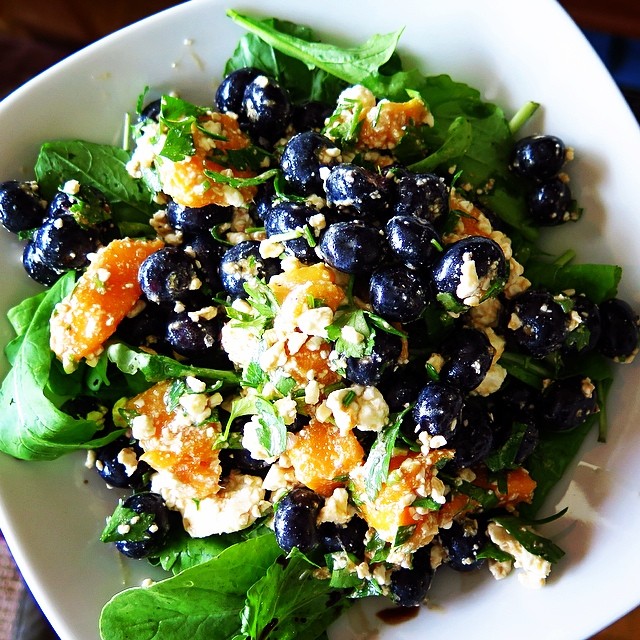
I’ve always thought that the most powerful poems were those that included in style and content the very highest and most important matter, right along with the most ordinary and insignificant. Such a combination can bring about surprise and evenhandedness, as if everything might be susceptible of comedy and respect. I think this because of reading Dickinson, Stevens, Moore, Auden, Plath, and Ashbery, among many others.
“Objects,” a long poem, tries to situate high and low style and content together. It collects anecdotes, reading notes, and overheard conversation; five stanzas appear below, and then a few thoughts about making each of these five. (Other stanzas include a translation, a speculation about music composition, and a comment on landscape design.)
From “Objects”
“I only owe the University three hundred
dollars, and if I can’t get it I
can’t graduate with the class.”
Karen said this to Sarah, and
went out to read bulletin boards.
POETRY READING CONTEST
THREE HUNDRED DOLLARS
FIRST PRIZE. Karen registered
and got up on the stage and read
“Sunday Morning,” won, and graduated.
“You never forget a beautiful
thing you have made,” said Chef
Bugnard of the Cordon Bleu
to Julia Child, “even after you
eat it – it stays with you always.”
******
These are the words
of Robert Darvin,
a Haitian refugee
evicted from a
tent camp, of his
new and flimsy
home: “It is made
of cheap concrete.
If you think too
much about it,
you lose your mind.”
Samuel Sewall wrote:
“Sabbath: This day
so cold that the
Sacramental Bread
is frozen pretty hard
and rattles sadly
as broken into plates.”
******
“The research highlighted
that one critical component
to building the capacity
of strategic execution is
the establishment of a
value attitude.” This
sentence has so much
wrong with it that you
hardly know where to
start. At least it doesn’t
have topic drift, or does it.
******
A salad: chopped
cucumbers, chopped
romaine, blueberries,
mint, feta cheese, FRESH
MINT, scallions;
for dressing: oil
and vinegar, and a
little honey. In a
bowl, stainless steel
rimmed with beading,
making clunks of noise
with serving tools, on
a cloth, a blue cotton,
on a table, maybe,
maple, maybe,
refinished by Alan
Marbury, an
accomplished
woodworker.
******
Flora Thompson wrote, “The
hamlet looked down at
the village as ‘stuck up’;
while the village looked
down on ‘that gipsy lot’
at the hamlet.” And Angela
Thirkell wrote of
a child’s thoughts:
“No one quite under-
stood what [the boy]
meant and by the time
he had spoken, what he
said appeared to
him to be meaningless.
We have all had that
experience.” And
finally – clear-eyed
and incisive – Laurie
Capps wrote, “We are
all/ issued white
coats; we are
forever/ taking
samples of the world.”
“I only owe the University” – Karen the serendipitous has managed not only to read the right bulletin board, earn the prize, pay her bill, and graduate, but also to accomplish all this by high-quality performance art. Her story stands in an interesting complementary relation to Chef Bugnard’s words about the transcendent quality of great cuisine and the permanence of its memory.
“These are the words” – Darvin expresses the privation and bleakness of the Haitian hurricane in extreme brevity and ellipsis, rather than lengthy mourning. But his brevity also shows his courage to survive. His view is mirrored in Sewall’s, as the austerity of the season in 17thc New England is made real in the harsh sounds of altar bread crumbled, it’s that cold. These speakers belong in the same stanza, they don’t need to explain further.
“The research highlighted” – It’s always a joy to find truly fresh language that works with precision, and it’s also a joy to find language that’s appallingly bad, like this.
“A Salad” – A recipe invented by my gifted neighbor, Kay Lisle, full of surprise ingredients, great taste and texture. But the stanza is also full of unsought and useless information: why do we need to know a) that Alan Marbury refinished the table? And b) that he is a fine craftsman? Because the poem’s voice insists on it, insists that minor and local information be brought into some relation with the very original salad from Kay.
“Flora Thompson …” – The speakers in the first quote here use very vernacular language — “stuck up” and “that gipsy lot” — to dish out their two-way social (and economic) snobbery! Casual style, ugly content of principles, in small-town England. Then, in Thirkell’s quote, the child who speaks is immediately consumed with self-doubt, and Thirkell sympathetically writes, “We have all had that experience.” (It’s both ridiculous and poignant.) Finally, the prophetic view that seals both the project and the poem comes from the eloquent Laurie Capps; her vision comprehends everyone: “We are all … taking samples of the world.”
Note: Julia Child, Life in France, Anchor, 2007, 65; Robert Darvin, Quotation of the Day, New York Times, April 24, 2011, A3; Samuel Sewall, Diary, I, 94; Flora Thompson, Lark Rise to Candleford, Godine, 2010, 37; Angela Thirkell, Love at All Ages, Knopf, 1959, 203; Laurie Capps, Denver Quarterly 45/3, 2010, 10.